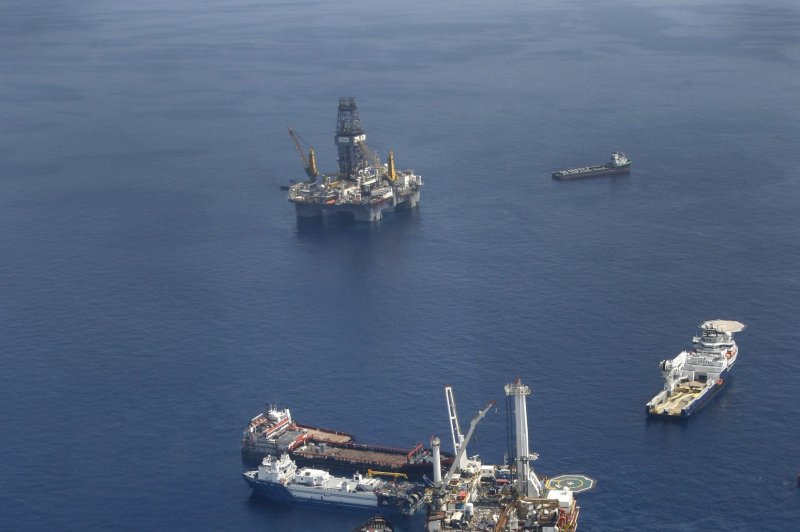
Transparency is a top priority for a Lebanese government looking to
bring bidders back to its offshore oil and gas reserves, the energy
minister said. Lebanon this week filed a request to join the Extractive Industries
Transparency Initiative, a body that aims to cast light on how countries
manage their oil, gas and mineral resources. Energy Minister Cesar Abi
Khalil said that, as the country opens itself up to foreign energy investors, accountability was essential.
“At the beginning of the new term [of office], transparency is our
main focus,” he was quoted by The Daily Star in Lebanon as saying.The effort follows a decision to put five offshore oil and gas blocks
up for auction in Lebanon’s Exclusive Economic Zone by the end of
February. State profits, the minister said, would be decided after the
bidding process is completed.
Decrees put forward by the Lebanese government outline a model for
revenue sharing, something that derailed previous efforts to court
foreign investors. Three years ago, Beirut postponed an offshore natural
gas auction after rancor erupted over the amount of revenue Beirut would get from energy companies. The Lebanese government estimates there are 95 trillion cubic feet of
natural gas and 750 million barrels of oil in its territorial waters.
The country, meanwhile, has been at odds over maritime borders in the
Mediterranean Sea. According to the Lebanese newspaper, Israel has been
the hold out in U.N.-mediated efforts to settle border disputes.
A review of Lebanon’s economy completed by the International Monetary
Fund finds prospects improved after the country formed a new government
last year. Growth remains subdued as the country copes with spill-over
from the Syrian conflict, but lower crude oil prices offset some of
pressure.
by Bloomberg
The new bidders can apply Feb. 2 to March 31, Energy Minister Cesar
Abi Khalil told reporters at his office in Beirut. The ministry will
select license winners by Nov. 15, he said. Lebanon’s cabinet approved
two decrees earlier this month allowing the Middle Eastern nation to
move ahead with development of its energy assets, ending three years of
delays.
Five blocks will be available for exploration and
development, including areas that lie in waters disputed by Israel.
“This is our natural and sovereign right,” Khalil said Thursday.
Lebanon has lagged behind Cyprus, Egypt and Israel in developing oil and
gas deposits that may lie beneath its share of the Mediterranean.
Earlier seismic surveys show the country could hold at least 96 trillion
cubic feet of gas and 850 million barrels of oil. Lebanon, which is
struggling with power shortages and hosting more than a million
refugees, needs revenue to reduce its public debt, the highest as a
share of annual economic output among Arab states.
Israel is following the developments closely, Foreign Ministry spokesman Emmanuel Nachshon said by text message.
“Israel
has already made clear its position on its northern maritime
delimitation,” he said. “The Government of Israel is committed to
ensuring that its rights are protected on maritime areas in which Israel
asserts sovereign rights or jurisdiction.”
To see a map of Lebanon’s offshore energy blocks, click here.
Exxon Mobil Corp. and Eni SpA are on a list of 46 companies that qualified in 2013 to bid as operators to explore off Lebanon’s coast. Suncor Energy Inc. and Rosneft Oil Co.
are among 34 companies already qualified to bid as non-operators,
according to government data. They will all still be permitted to bid in
upcoming auctions, Khalil said.
The energy ministry will announce the newly qualified bidders
on April 13, and bids must be submitted before Sept. 15, Khalil said.
Qualified
companies will have to agree among themselves to form a group, with at
least one company serving as operator, Wissam Chbat, head of the
Lebanese Petroleum Administration, said in an interview. These companies
will have to apply jointly for each block they wish to develop, he
said.



